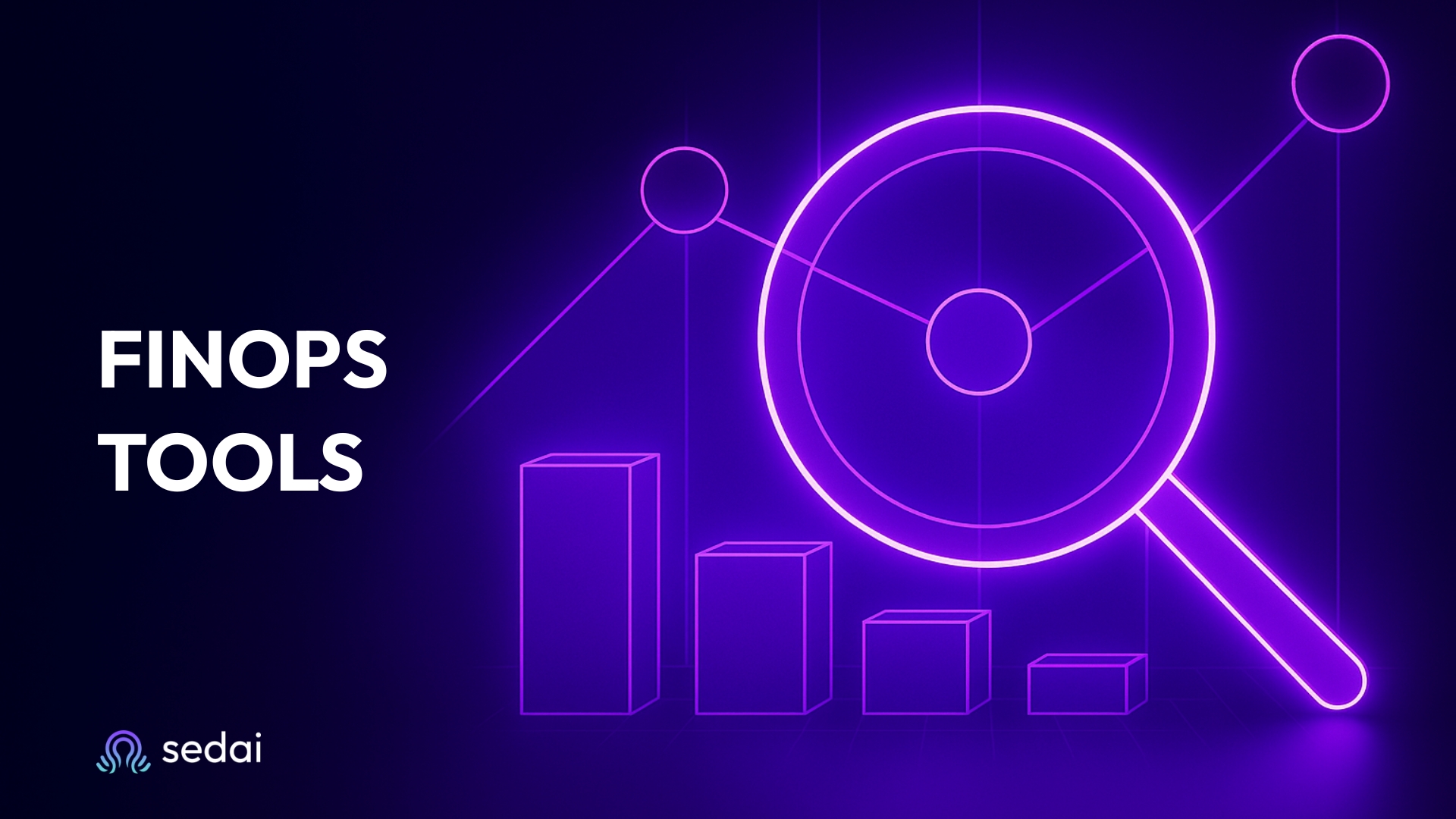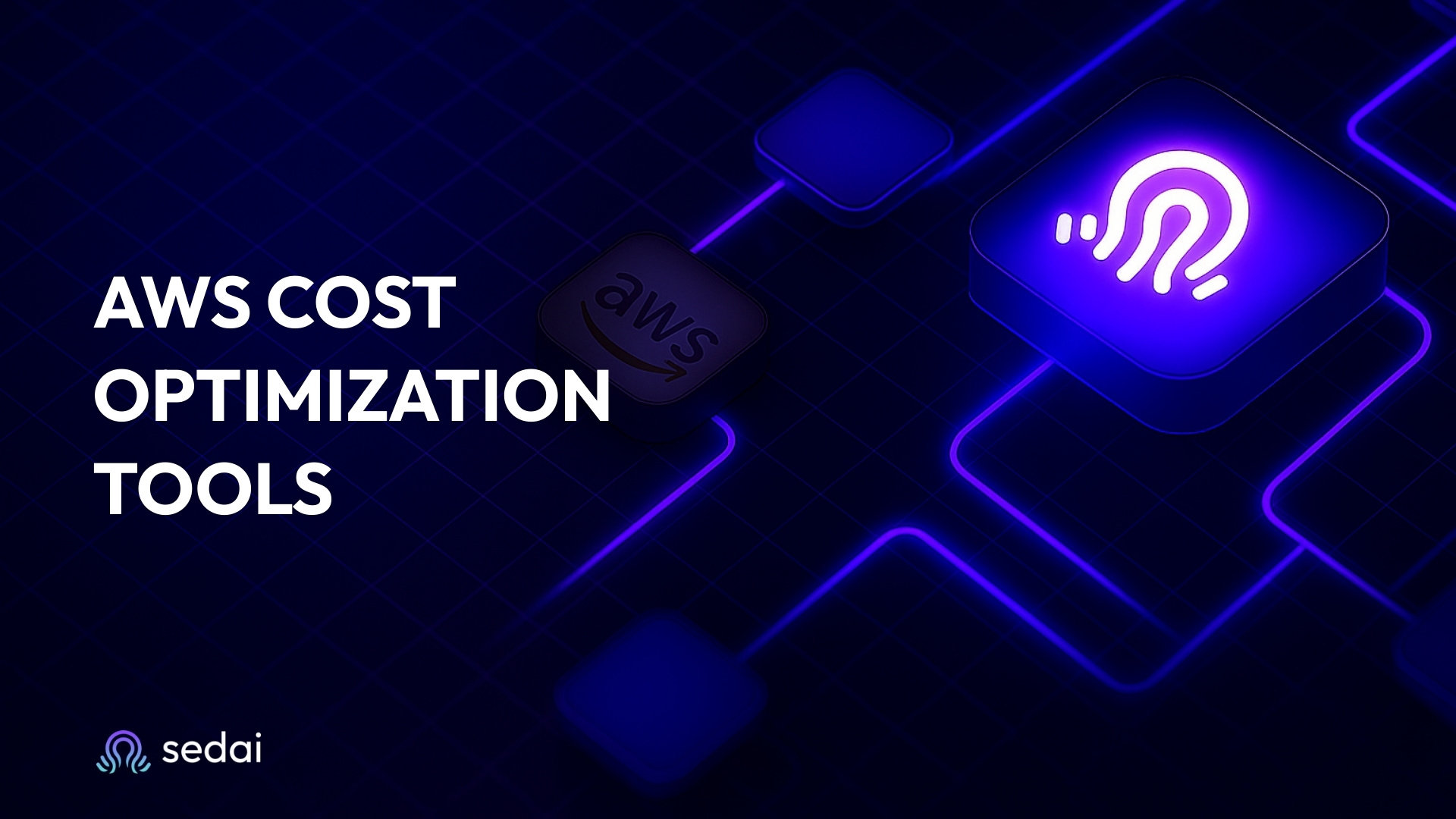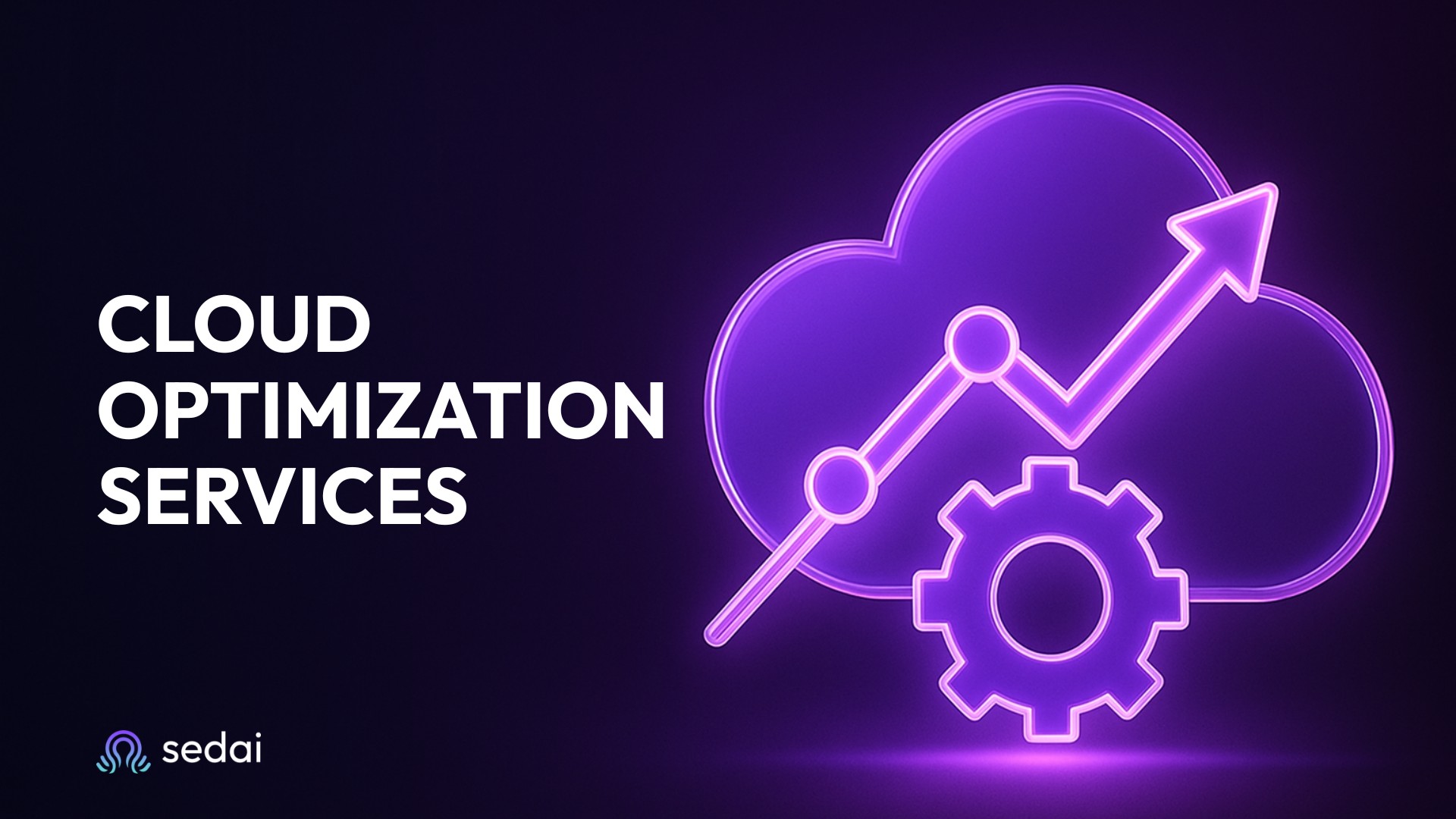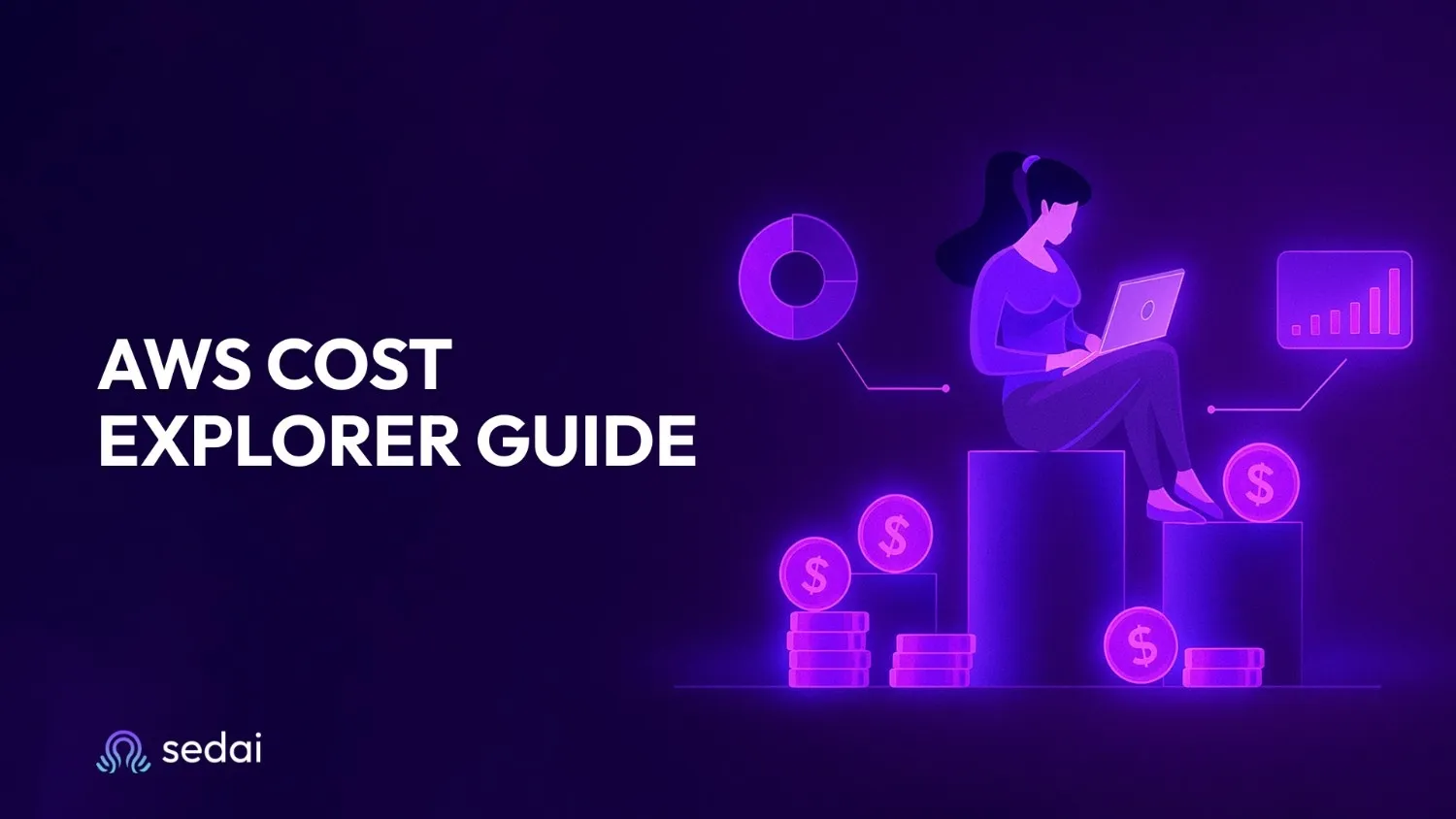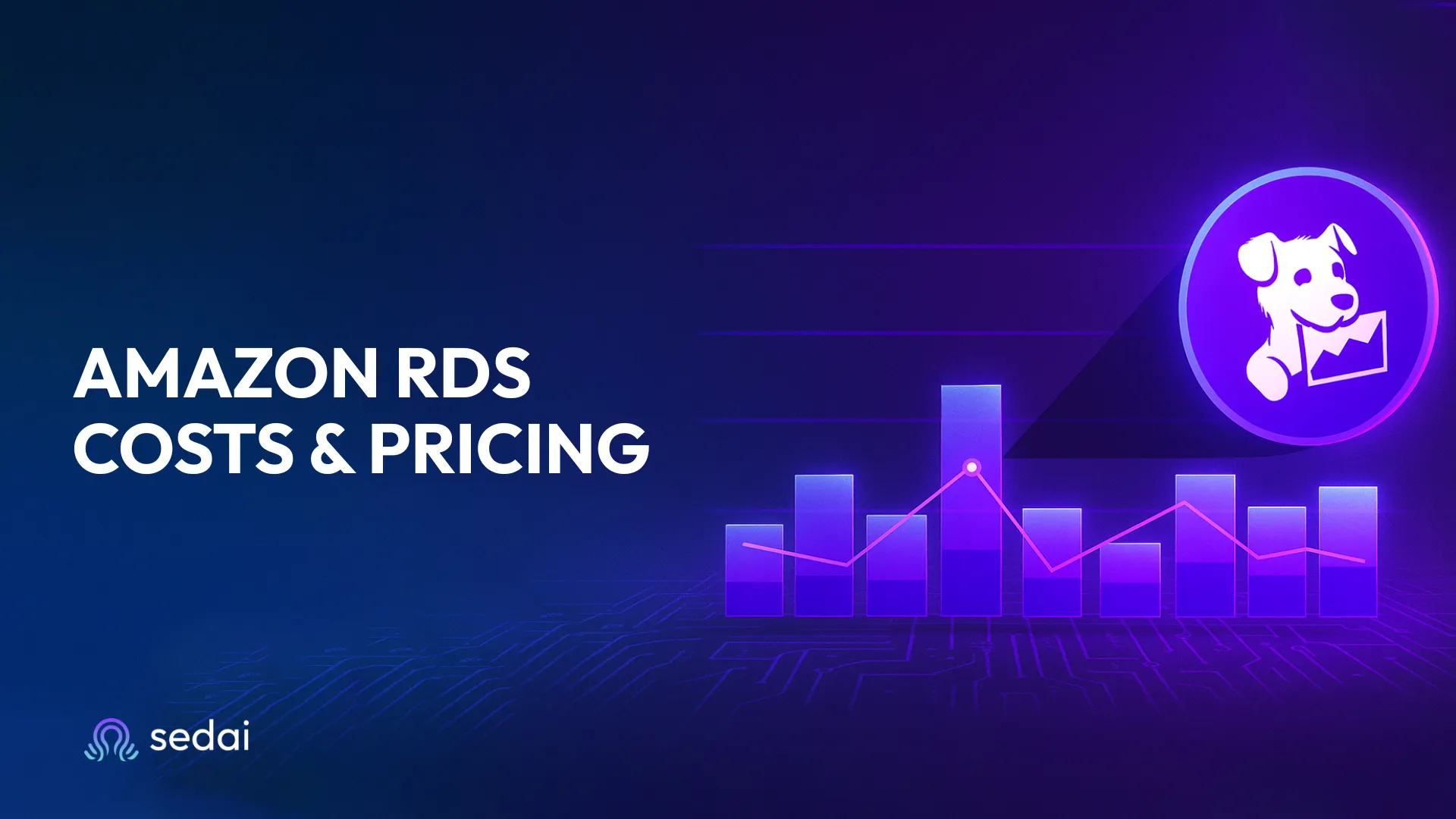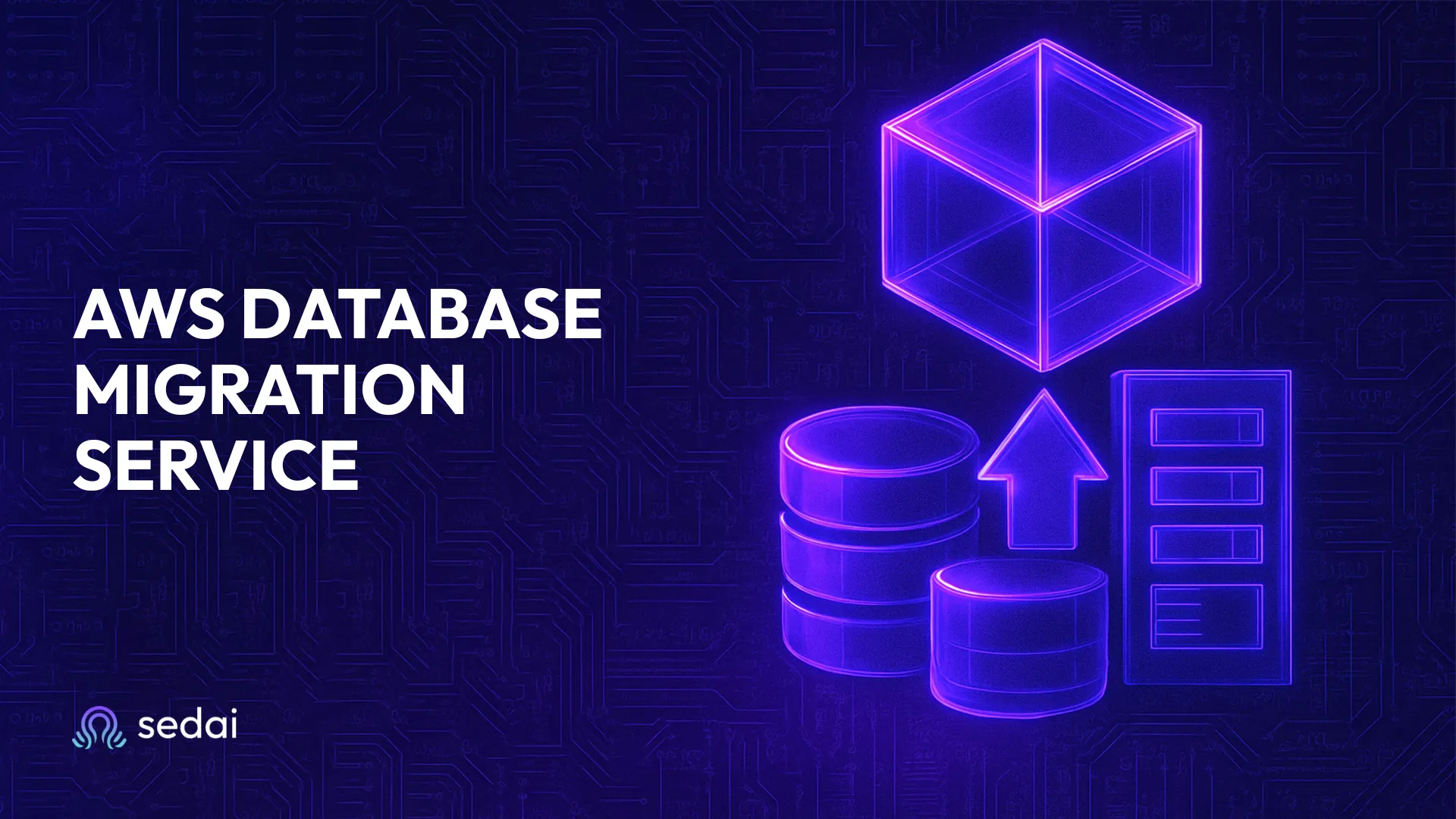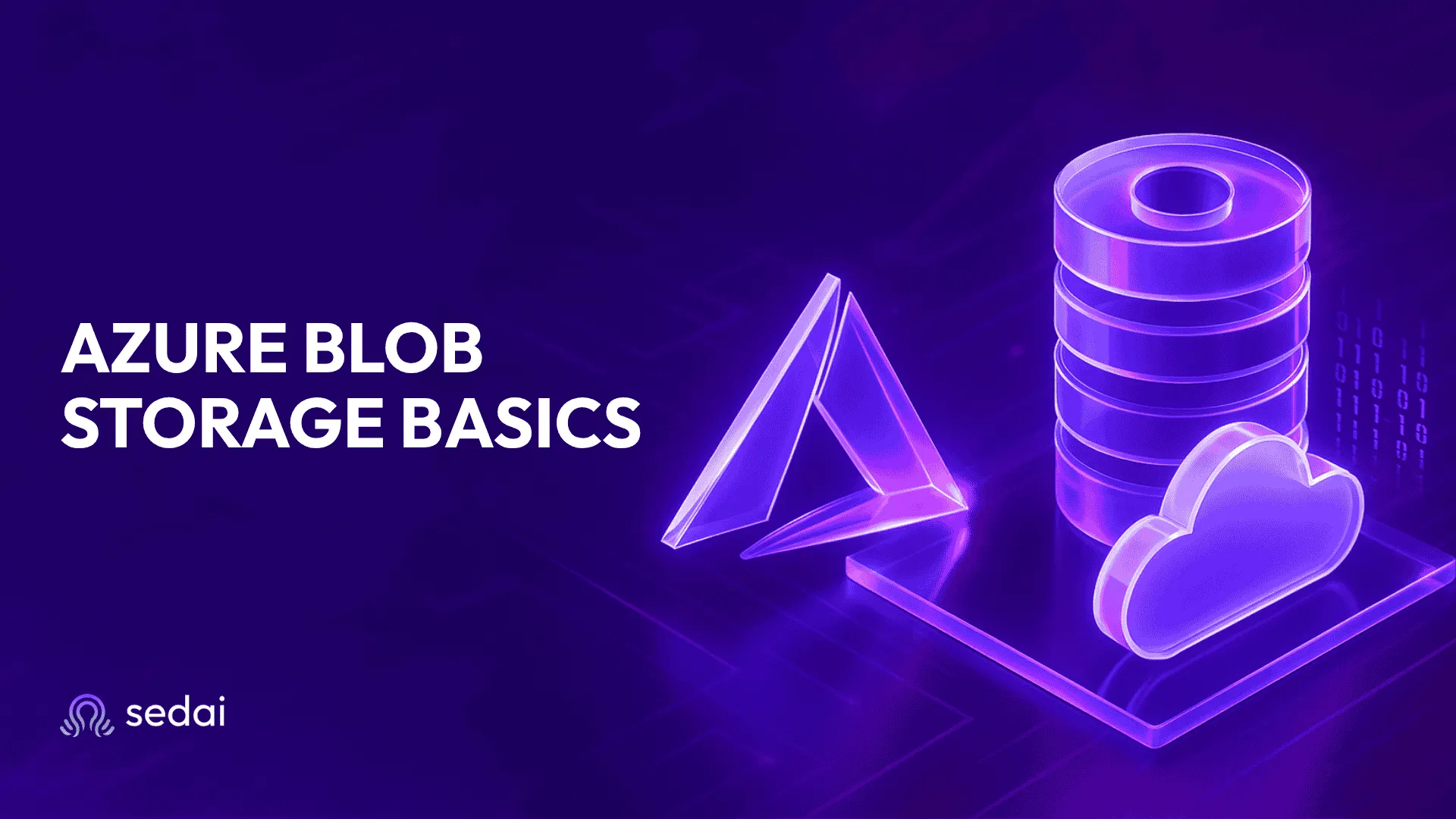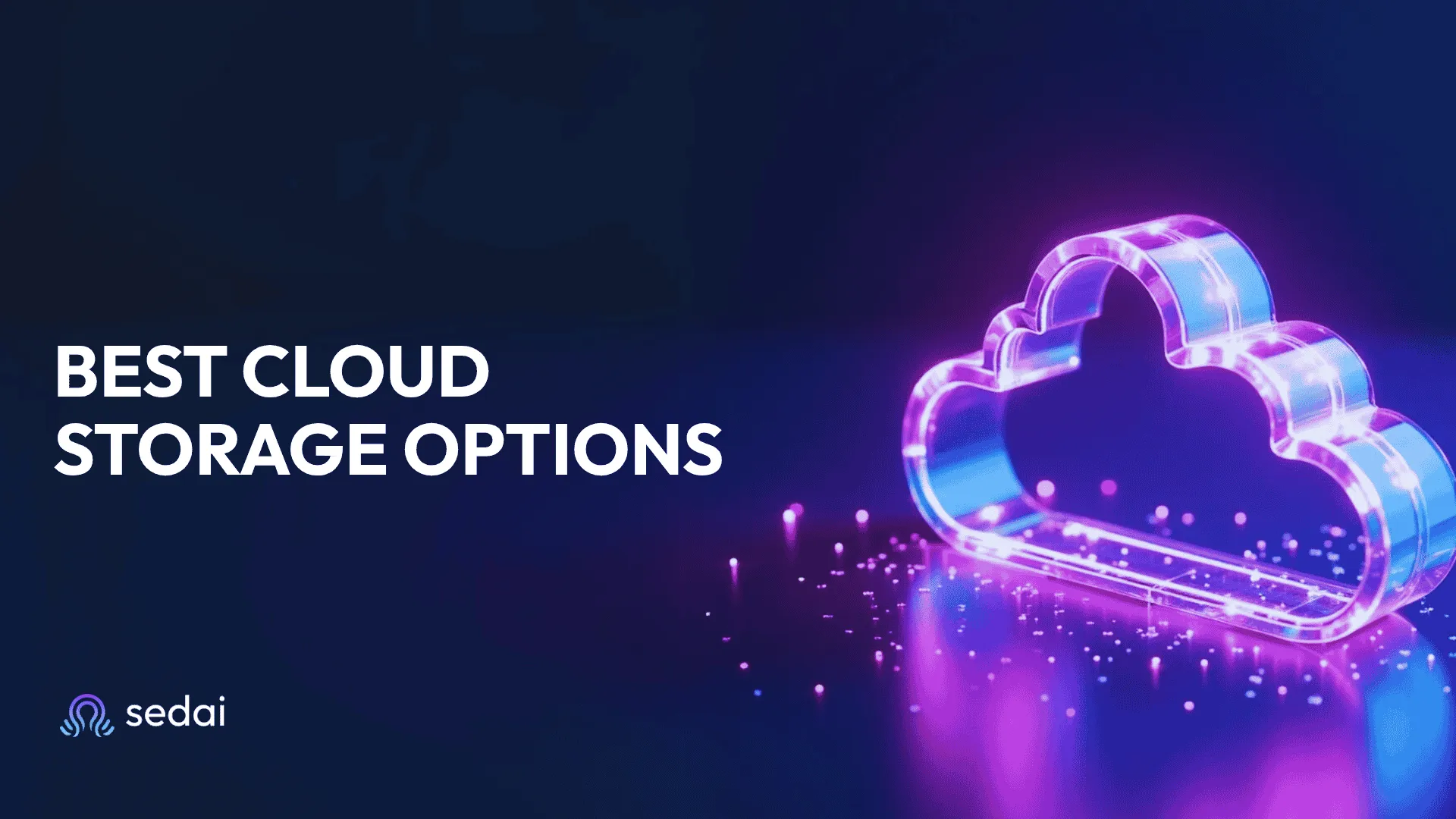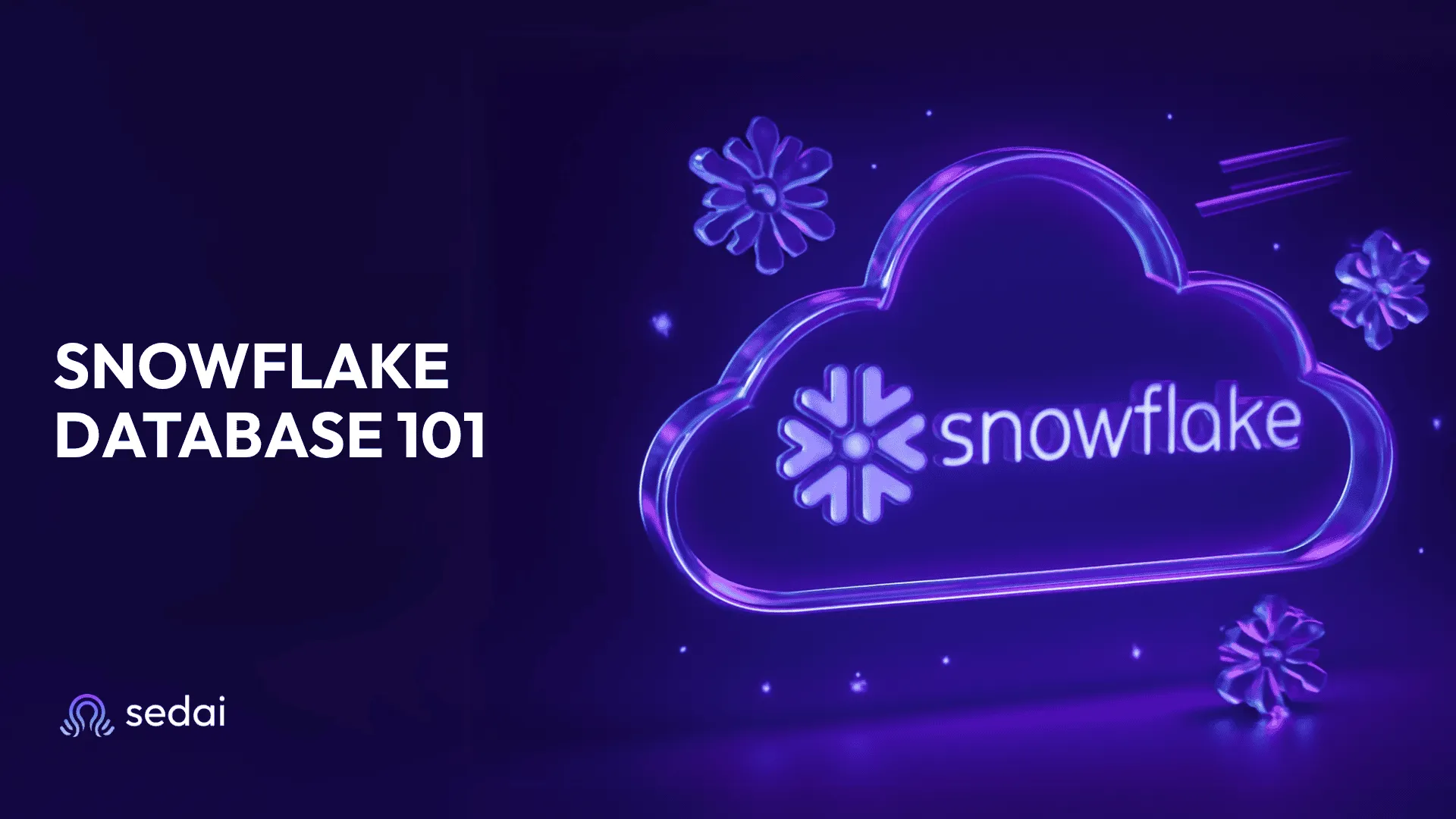Reduce Amazon RDS Costs: 2026 Pricing Breakdown
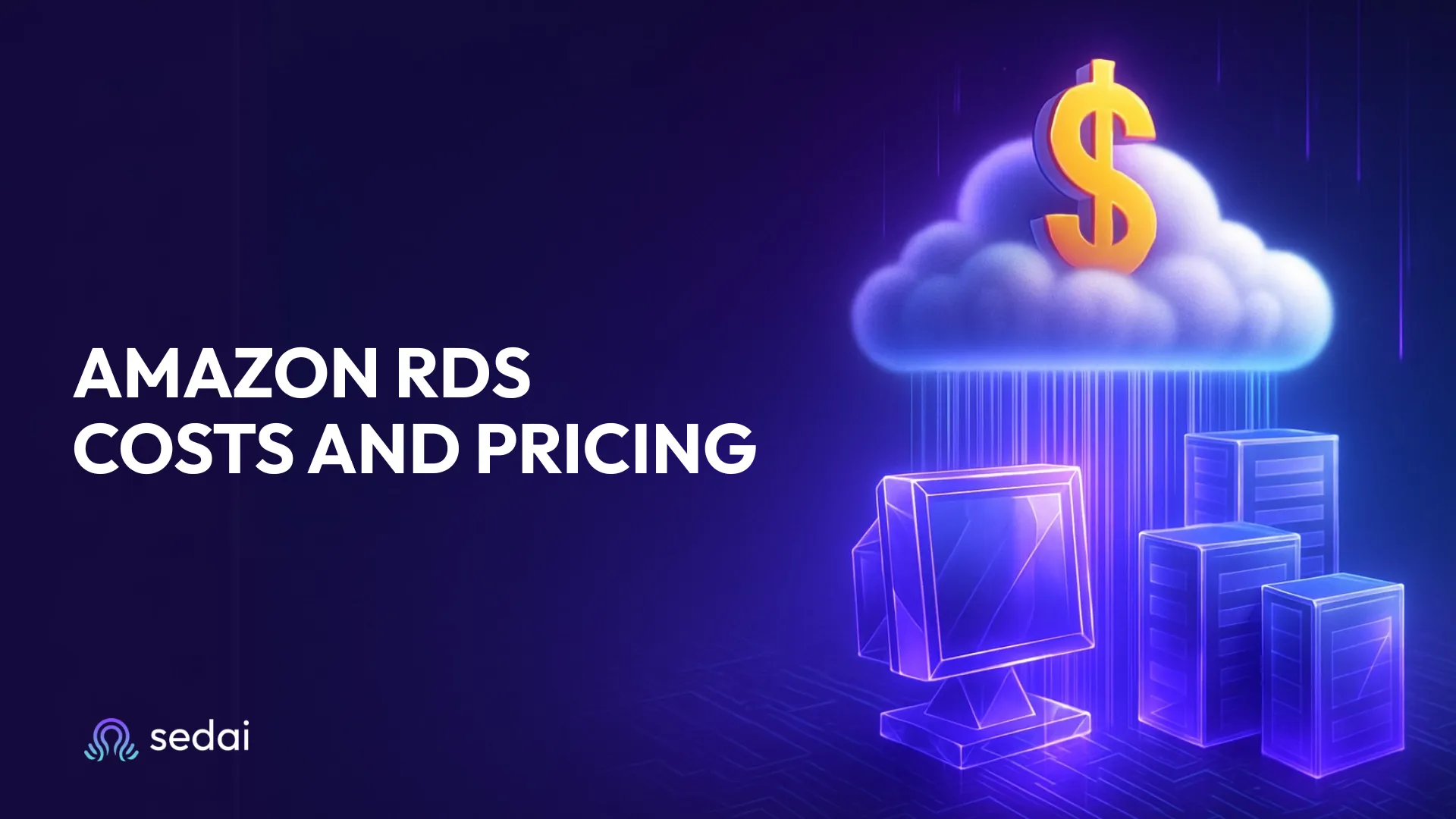
This blog breaks down Amazon RDS cost optimization into actionable strategies: estimating costs, identifying inefficiencies, using monitoring tools, and avoiding common mistakes. You’ll learn how automation, especially with Sedai, can help reduce RDS spend by eliminating waste and right-sizing resources in real time.
AWS EBS Basics 2026: Block Storage Guide
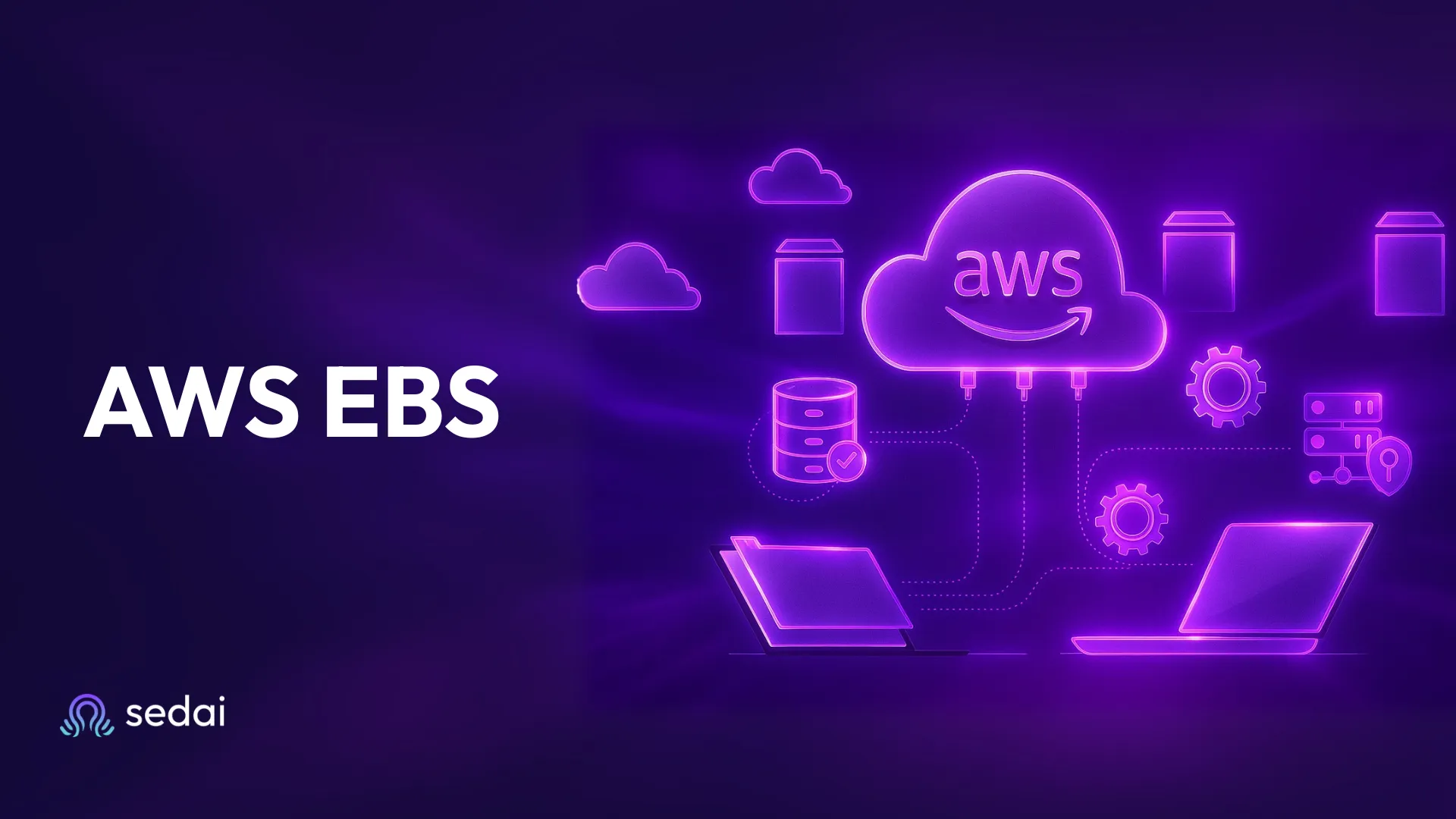
AWS EBS can be very helpful for your cloud, but it needs to be managed properly. Otherwise, it can cause volumes to bloat your bill, increase GP3 credits that vanish mid-query, and cause IO2 volumes to cost more than your dev team's coffee habit. This guide will help choosing the right volume type (without the trial-and-error), automating snapshot lifecycles before they bankrupt you, and fixing performance issues before users notice.
Amazon EMR Architecture & Optimization Guide 2026
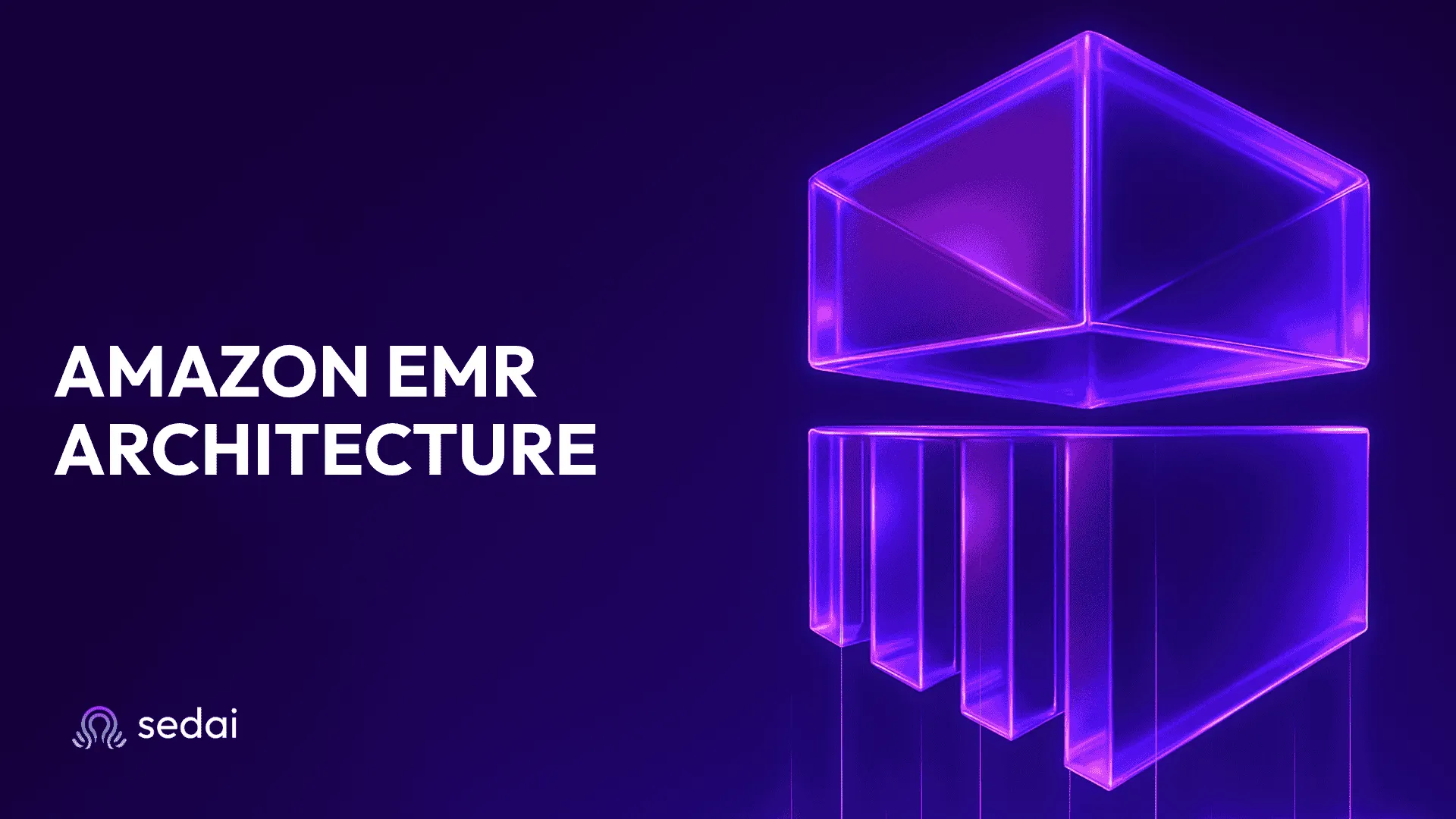
Most teams shouldn't waste time managing EMR clusters. Sedai automates rightsizing, scaling, and killing idle jobs, allowing engineers to focus on what matters, reduce EMR costs, and streamline operations.
Software Performance Optimization: The Expert Guide for 2025
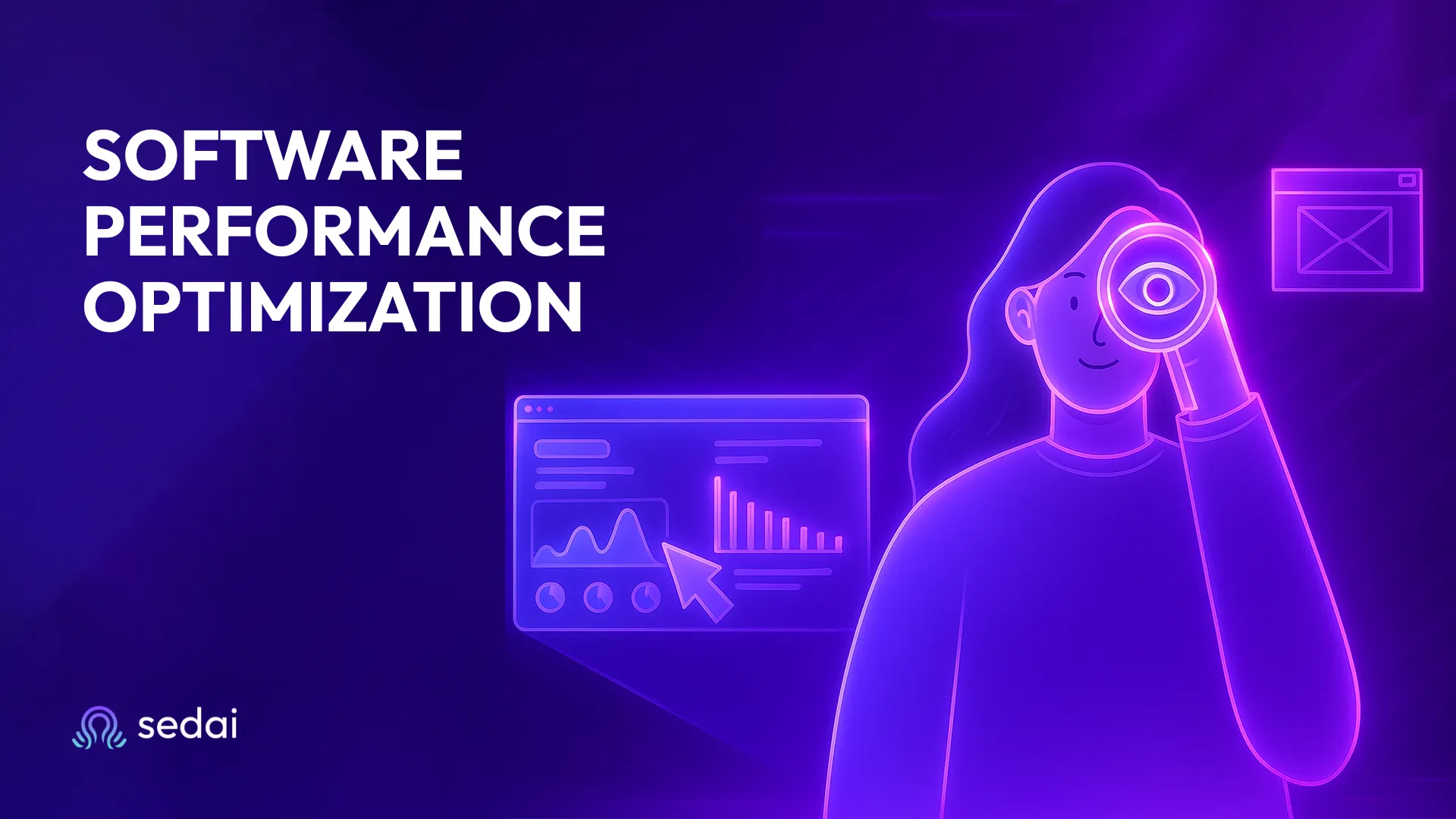
Engineers shouldn’t have to spend hours optimizing the performance of each software application, and then constantly monitoring these applications to adjust for changes and fix issues. These engineers need to integrate performance optimization across the DevOps lifecycle, and then use AI tools to adapt to changes and fix issues, so they can focus on what matters.
AWS Secrets Manager: A Quick Guide to Safe Credential Storage
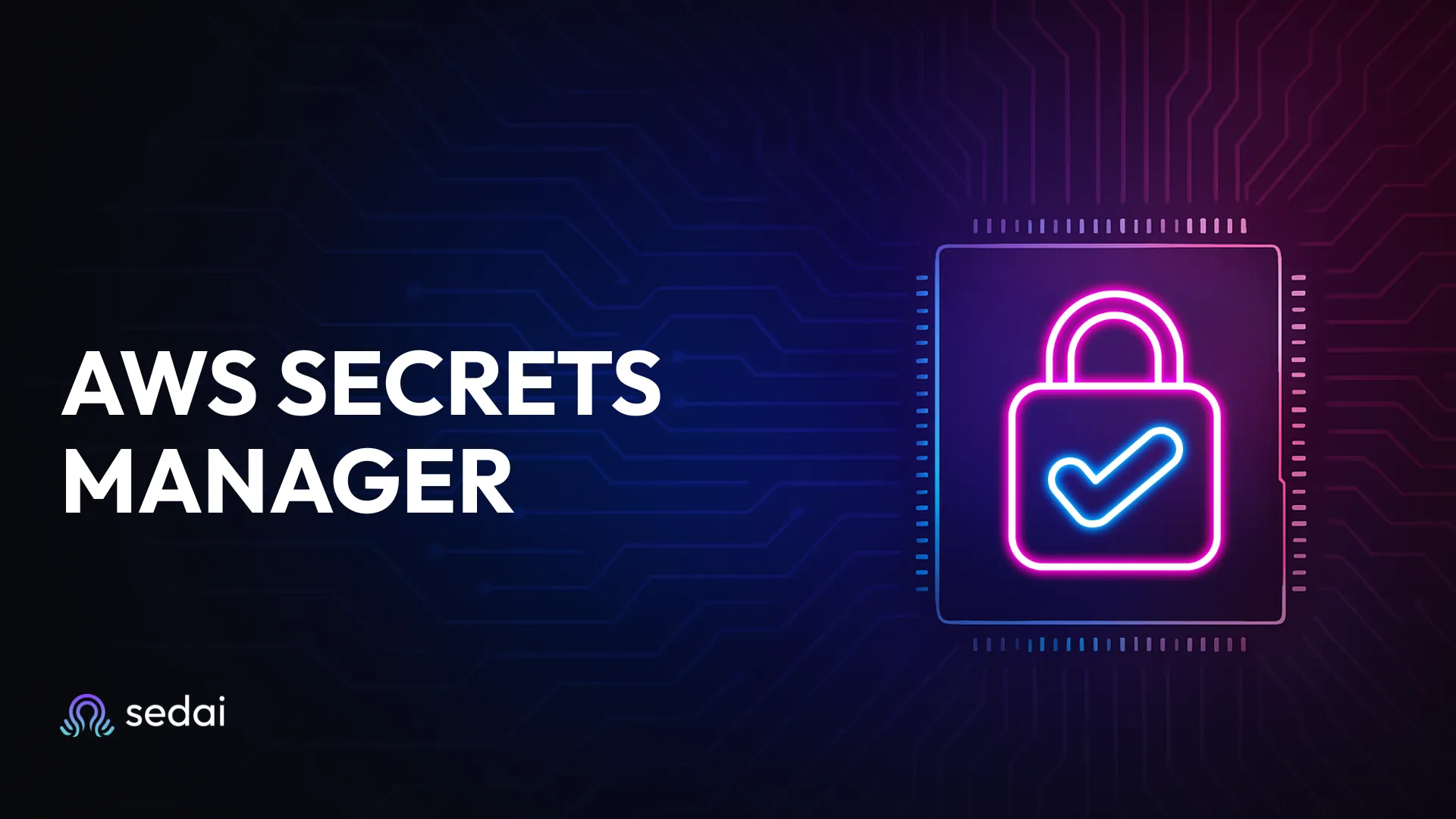
Engineers can stop manually rotating credentials with AWS Secrets Manager, which securely stores and auto-rotates secrets. Sedai, the cloud's AI brain, optimizes settings, scales resources, and reduces costs automatically for faster apps and lower cloud expenses.
Amazon RDS for Beginners: How to Optimize & Save Costs in 2025
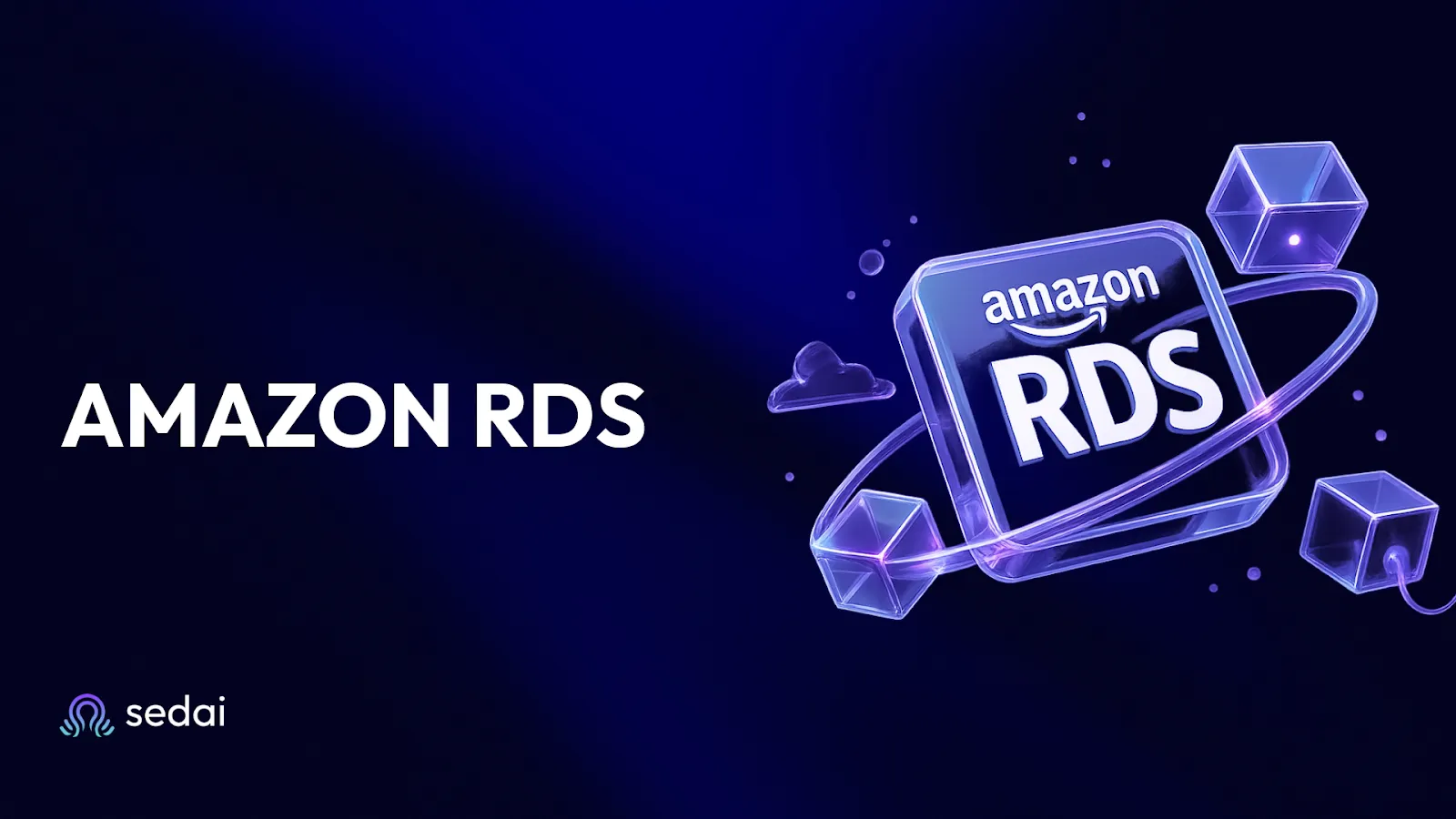
Engineers shouldn’t have to invest countless hours configuring and managing infrastructure when starting with cloud databases. With Amazon RDS, they can integrate database management seamlessly into their workflow. RDS handles automation and reduces the need for manual adjustments, so engineers can stay.
Step-by-Step Guide to Optimizing Azure Virtual Machines

Discover essential steps to optimize Azure VM performance, from right-sizing and storage choices to networking enhancements. Learn how Sedai’s autonomous cloud optimization platform streamlines these tasks, delivering continuous, proactive optimization to ensure efficient, reliable VM performance without manual intervention.
Basic Concepts of High Availability for Cloud-Based Applications: A Guide
![Basic Concepts of High Availability for Cloud-Based Applications: A Guide]()
Explore the critical aspects of high availability (HA) in cloud environments and discover strategies to minimize downtime and enhance performance. Learn how to implement redundancy, proactive monitoring, and failover mechanisms, while leveraging AI-driven solutions like Sedai to optimize resource allocation and ensure uninterrupted service.
How Engineers Save on AWS EMR Costs: 2026 Guide

Managing AWS EMR costs effectively is crucial for optimizing cloud expenses while maintaining performance. This article explores key strategies to reduce EMR cluster costs, including right-sizing instances, leveraging spot instances, enabling auto-scaling, and optimizing data storage. By implementing these best practices, businesses can significantly lower their cloud computing expenses while ensuring efficient big data processing.
Cloud Optimization Tools 2026: Buying Criteria & Key Features

Choosing the right cloud optimization tool is key to managing costs and performance. This guide covers cost vs. architectural optimization, TCO, automation, and security. It also highlights Sedai’s AI-powered automation for minimizing cloud waste and improving efficiency across AWS, Azure, and Google Cloud.
How to Choose Savings Plans & RIs for AWS, Azure & GCP
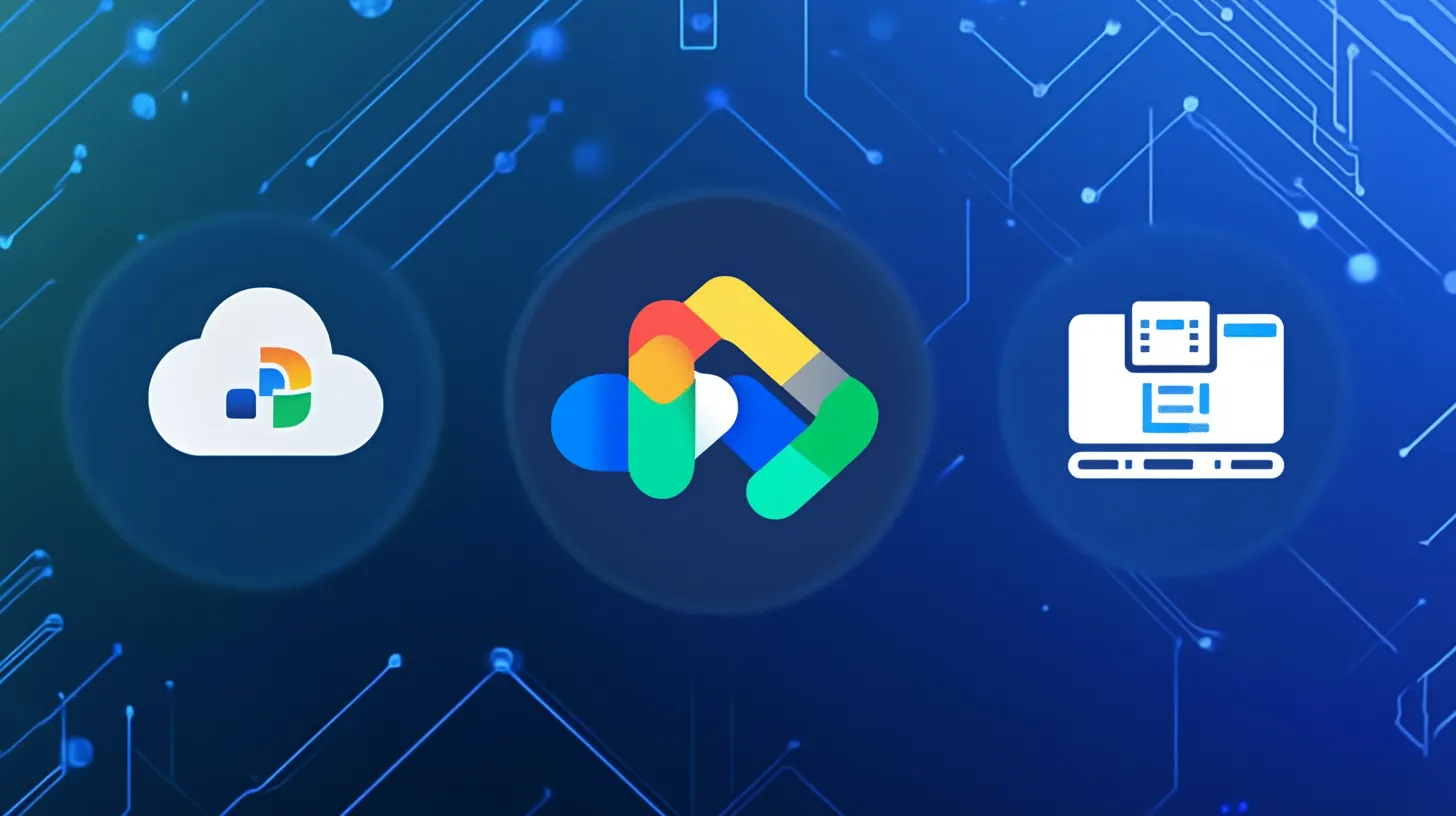
This guide compares AWS, Azure, and GCP savings options to help businesses optimize cloud costs. Discover the benefits of AWS's flexible plans, GCP's no-upfront savings, and Azure’s structured reservations, and learn how AI-driven tools like Sedai’s autonomous optimization ensure continuous, cost-effective cloud management.
AWS vs Azure vs GCP VMs: 2026 Comparison for Cloud Engineers

Choosing the right virtual machine (VM) provider is crucial for businesses looking to optimize performance, scalability, and cost-effectiveness in the cloud. This article compares AWS EC2, Azure Virtual Machines, and Google Compute Engine (GCE), breaking down their features, pricing models, and use cases. We explore key aspects like instance types, performance, networking, security, and cost structures to help you determine which cloud provider best suits your needs.
Complete Guide to Cloud Computing Costs 2026

Discover strategies to manage cloud computing costs across AWS, Azure, and Google Cloud in 2025. This article offers an in-depth comparison of pricing models, hidden fees, and key cost components such as computing, storage, and networking. Learn how to calculate total cloud expenses and make informed decisions based on your infrastructure needs and cloud provider. Additionally, uncover best practices for optimizing cloud resources through techniques like right-sizing, autoscaling, and leveraging discounts to achieve cost-efficiency across your cloud environments.


